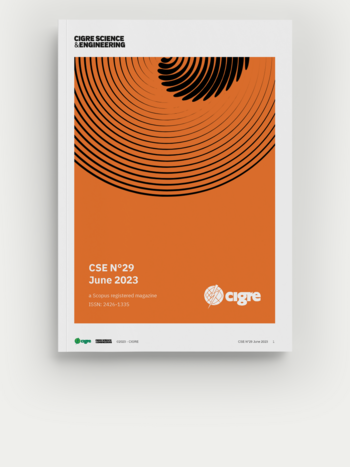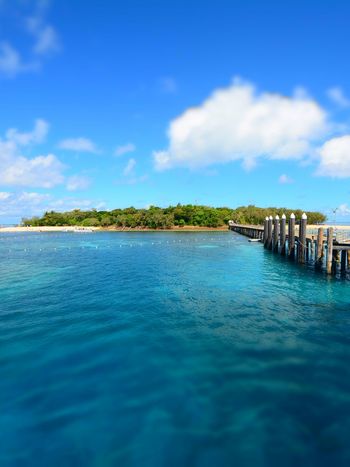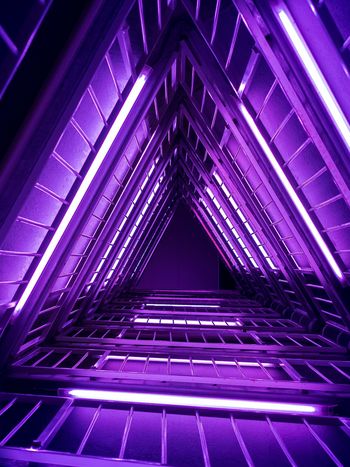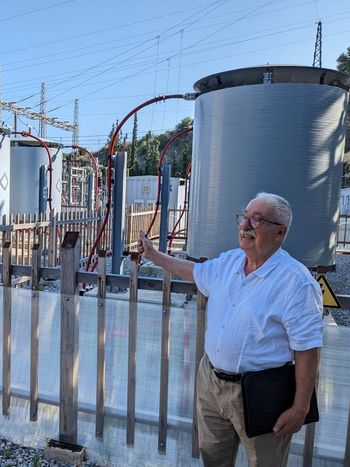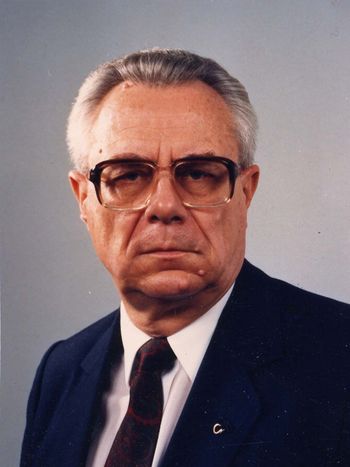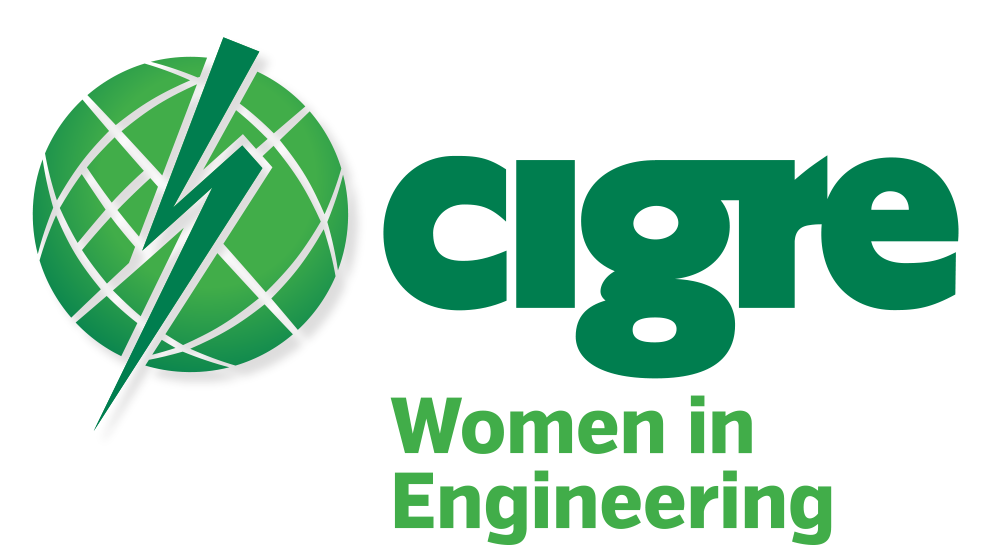CIGRE Women In Energy : Discussion with Maria del Socorro Gómez Pérez
CIGRE would like to introduce a new section in Life of the Association: Interviews from Women in Engineering and Next Generation Network. A lot of focus is given to senior CIGRE members and these interviews will present younger members and let them explain what CIGRE means to them. These Q&A interviews are short but allow us to have a new, younger perspective on CIGRE membership; they tell us what interests them in their work, as well as what their projects and goals are. These are the voices of our industry’s future. Please share with young people on your teams and encourage their membership in CIGRE!
Maria del Socorro Gómez Pérez from Colombia, is an Electrical Engineer with 12 years in the industry. Her current position is a Maintenance Management Analyst and she belongs to the CIGRE WG B2 and WiE.
What lead you to your present career or job?
Gómez: Several factors led me to my present career as an electrical engineer: my fascination with technology, its impact on the world, and the diverse applications of electrical engineering played a significant role. I was driven by my natural inclination for problem-solving, strong aptitude in mathematics and physics, and the desire to make a positive difference in society through sustainable energy solutions, innovative electronics, and advanced communication systems. Supportive mentors and role models also played a crucial part in shaping my career choice.
What are you working on now that would interest ELECTRAreaders?
G.: I am currently working on addressing a significant challenge in the field of transmission lines, which is corrosion. Corrosion has a detrimental effect on the components of both the transmission lines and substations, leading to degradation and reduced lifespan. To combat this issue, I am actively involved in developing strategies and implementing solutions to mitigate corrosion effects.
Additionally, I am focusing on digitalization efforts to automate and integrate corrosion concepts into the asset lifecycle. By leveraging digital technologies, we aim to enhance monitoring, early detection, and preventive maintenance practices to minimize the impact of corrosion and ensure the longevity of the infrastructure.
My work revolves around finding innovative approaches to tackle corrosion-related issues and utilizing digital tools to optimize asset management processes. It is an exciting endeavor that combines the expertise of corrosion control with the transformative power of digitalization in the transmission industry.
What has been the biggest challenge with your work?
G.: The biggest challenge in my work has been effectively managing and mitigating the impact of corrosion on transmission lines and substations. Corrosion poses a persistent threat to the integrity and reliability of the infrastructure, requiring ongoing monitoring, maintenance, and implementation of preventive measures. The complex nature of corrosion, coupled with the diverse environmental conditions and varying materials used in transmission systems, presents a significant challenge. It requires continuous research, collaboration with experts, and the development of innovative strategies to combat corrosion effectively. Additionally, integrating digitalization into corrosion management processes has introduced its own set of challenges, including data integration, cybersecurity, and ensuring the seamless integration of corrosion-related information into asset management systems. Overcoming these challenges requires a multidisciplinary approach and a commitment to staying abreast of emerging technologies and industry best practices.
At a personal level, my biggest challenge has been preparing myself technically to be heard and respected in the same way as men in a field that is predominantly male. Facing gender stereotypes and biases has been a constant struggle, but I have dedicated myself to acquiring strong knowledge and outstanding technical skills to earn respect and recognition in my field. Along the way, I have had to overcome obstacles and repeatedly prove my worth and ability to challenge gender expectations. This has been a significant personal challenge, but it has allowed me to grow and pave the way for other women in this industry.
What has been your biggest challenge balancing work and personal life?
G.: The biggest challenge I have faced in balancing work and personal life is finding a harmonious integration between the two. Establishing clear boundaries, managing stress, and avoiding burnout have been significant hurdles. Effective time management, prioritizing tasks, and engaging in activities that bring me joy and fulfillment outside of work are key. Open communication and support both in the professional and personal spheres are crucial in finding that balance. While achieving work-life balance is an ongoing effort, I strive to prioritize self-care and create a fulfilling and balanced existence.
How did you get involved in CIGRE?
G.: I got to know about CIGRE through highly experienced colleagues who told me about the association's event organization, and what I liked the most was the integration between academia and industry.
What do you feel is cigre’s ‘added value’?
G.: Getting involved in CIGRE can be achieved through professional networking, industry engagement, and attending relevant conferences and events. By staying updated on industry advancements and showcasing expertise in the energy sector, opportunities for collaboration and participation in CIGRE's activities can arise, such as joining working groups or research projects. Additionally, recognition for contributions to the field or recommendations from colleagues can also lead to invitations to be involved in CIGRE. Overall, proactive engagement, networking, and a genuine commitment to CIGRE's mission are key to getting involved in the organization
Why would you recommend CIGRE membership to others?
G.: I recommend CIGRE membership to others for its extensive professional network, opportunities for active involvement in shaping the industry, access to cutting-edge research, and the platform it provides for collaboration between academia and industry. Being a member offers the chance to collaborate with experts worldwide, stay updated on advancements, contribute to industry development, attend conferences, access valuable publications, and foster innovation through the integration of academia and industry. CIGRE membership is a valuable resource for professionals in the electrical power sector, providing knowledge, networking, and opportunities to contribute to the industry's progress
Where do you see yourself in 15 years?
G.: In 15 years, I envision myself in a leadership position within the electrical engineering field. I strive to have made significant contributions to the industry, whether through innovative projects, research advancements, or influential publications. I also see myself actively involved in organizations like CIGRE, where I can continue to foster collaboration and drive progress in the energy sector. Additionally, I aspire to be a mentor and advocate for diversity and inclusion in the field, particularly for women in energy. Overall, my goal is to continue growing professionally, making a positive impact, and inspiring others in the industry.
Do you have one major goal or do you have a bucket list? Are you willing to share this information?
G.: Yes, I have both a major goal and a bucket list. My major goal is to make a significant impact in the field of renewable energy and contribute to the transition towards a more sustainable and environmentally friendly energy system. I am passionate about developing innovative technologies and solutions that can help address climate change and promote a cleaner future.
As for my bucket list, it includes various personal and professional aspirations. Some of the items on my list include traveling to different countries and experiencing diverse cultures, participating in international conferences and presenting my research, completing a postgraduate degree in a specialized area of energy, and actively engaging in volunteer work related to energy access in underserved communities.
I believe that sharing these goals and aspirations helps to solidify them and keeps me motivated and focused on achieving them.
What would you like to see change in our industry in the future?
G.: In the future, I would like to see several changes in our industry. Firstly, a greater adoption of renewable energy sources and a significant reduction in dependence on fossil fuels. I also hope for advancements in energy storage technologies to overcome the challenges of intermittency in renewable sources.
Additionally, promoting diversity and inclusion in the energy sector is crucial. Furthermore, collaboration between industry, academia, and government can accelerate research and development of innovative energy solutions. Lastly, emphasizing energy efficiency and conservation for responsible consumption is necessary. These changes would contribute to a more sustainable, resilient, and equitable energy industry in the future.
If you are a WiE or NGN member and wish to be featured in an upcoming ELECTRA edition, please contact ELECTRA Editorial Team. If you are reading these and wish to join CIGRE, please visit this page.
